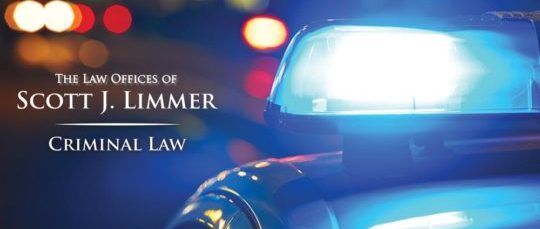Warrantless Blood Draw and Testing
The Fourth Amendment protects against unreasonable searches and seizures and has generally been interpreted to mean police need a warrant to test blood from a driver suspected of drunk driving. As recently as 2013, the U.S. Supreme Court in a 5-4 decision (Birchfield v. North Dakota) ruled police had violated constitutional rights of a DUI suspect whose blood was extracted so its blood alcohol content (BAC) could be tested, without first obtaining a warrant- a warrantless blood draw. Under Birchfield, the same is not true for breath tests, on the theory a Breathalyzer test constitutes a far less intrusive invasion of bodily privacy than drawing blood would.
This summer, however, the U.S. Supreme Court created a new exception to the warrant requirement. In Mitchell v. Wisconsin, police in Sheybogan received a report an apparently seriously intoxicated man had driven off in a van. When Gerald Mitchell was found, he was wet, sand-caked and shirtless, wandering near that van parked by a Lake Michigan beach, stumbling, standing with some difficulty, and slurring his speech.
Judging it impractical to administer a field sobriety test, Mitchell was given a breath test (it revealed a 0.24% BAC level, triple the state’s level defining driving while intoxicated). Arrested for two drunk-driving offenses, Mitchell was taken to a police station for a better breath test on more sophisticated equipment. But he passed out there, frustrating that plan, so was instead taken to a hospital lab, where a blood sample was drawn and tested for BAC (90 minutes after the breath test, it produced a 0.22% reading).
After being convicted, Mitchell appealed on the grounds of the unconsented, warrantless blood draw. He lost in state courts, but the U.S. Supreme Court agreed to hear an appeal on whether a warrantless blood test performed on an unconscious suspect violated the Fourth Amendment.
Decided June 27 by a 5-4 margin, the plurality decision was written by Justice Samuel Alito, and joined by Chief Justice Roberts, plus Justices Breyer and Kavanaugh; Justice Clarence Thomas separately wrote he’d favor making blood tests automatically legal whenever police had reasonable cause for a drunk-driving arrest but agreed with Alito’s holding that exigent circumstances exception almost always make a warrant unnecessary when a suspect is unconscious.
Well-settled law provides an exception to a warrant being required for drunk-driving blood tests: when “exigent circumstances,” such as when police must also deal with other problems, such as accidents or health conditions, that prevents obtaining a warrant as quickly as needed. Like all states, Wisconsin has an implied consent law, which provides that tests showing too high BAC levels allow license suspension, and refusal to submit to BAC testing leads to license revocation.
Of the four dissenters, Justices Ginsburg and Kagan joined Justice Sonia Sotomayor’s dissent, which found no evidence a warrant couldn’t have been obtained, or the “exigent circumstances” exception applied, while Justice Neil Gorsuch penned a separate dissent saying he would have dismissed the case.
Despite its general approval of a warrantless blood draw and testing of an unconscious suspect, the plurality decision sent Mitchell’s case back to the Wisconsin Supreme Court, to give him a chance to show his blood would not have been tested except for the police wanting BAC evidence, or that police could not have reasonably believed exigent circumstances applied.
About the Author

Scott J. Limmer is a New York criminal attorney practicing primarily in Nassau, Suffolk, and Queens counties. You can contact Scott anytime. He is available 24 hours a day, 7 days a week, year-round and your initial consultation is free.
